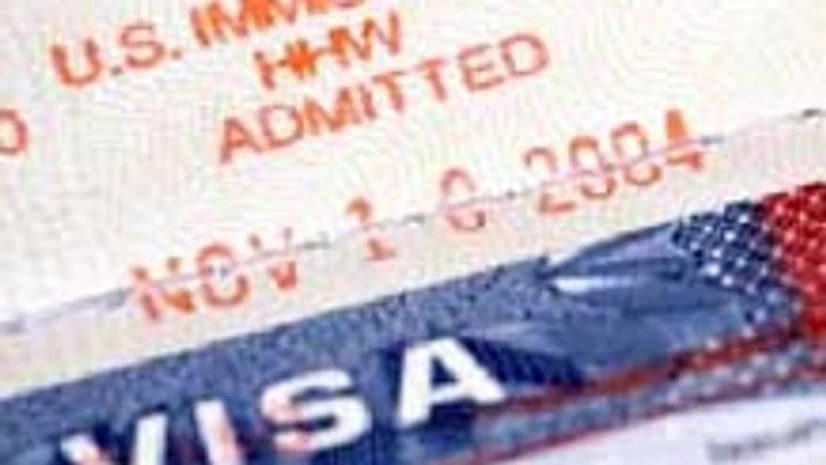Indian IT professionals in the US have welcomed the proposed immigration bill on several counts, particularly the Green Card, introduction of merit-based visa and increase in H-1B visa quota.
Thousands of Indian IT professionals, most of whom here work on the H-1B visa, are jubilant over the proposal which would give them a 60-day period to find a new job after they lose the existing one.
Under the current provision, an IT professional has to leave the country the same day if they lose their job."This was a total flaw of the H-1B system and all H-1B skilled workers were worried about this. Employers are using this tool to squeeze the maximum out of the H-1B employees and this was totally inhuman," Shoji Mathew of the North American Association of Indian IT Professionals (NAAIIP) said.
More From This Section
It would not be the case any longer, if the Comprehensive Immigration Reform bill, officially called the Border Security, Economic Opportunity and Immigration Modernization Act of 2013, is passed by the Congress and signed into a law by the US President."We will establish a 60-day transition period for H-1B workers to change jobs," says the 17-page outline of the bill."The current lay off period is zero days, H-1B employees are forced to leave the country on the same day of layoff. We need to retain qualified IT professionals."60 days settlement period will help employers as well as employees to complete formalities with ease or find another employment," NAAIIP said in its recent memorandum submitted to the Gang of Eight - the bipartisan group of eight Senators who worked on the bill to arrive at a consensus."Few of the members debated for a 30-day transition period and the bill shows that I was able to convince them for 60 days," Mathew said.
IT professionals are also jubilant regarding proposals related to the Green Card, the proof of legal permanent US residency.
The proposed bill, among other things, proposes to raise the base cap of H-1B visas from 65,000 to 110,000.In addition, it amends the current 20,000 exemption for US advanced degree holders to 25,000 for advanced degree graduates in science, technology, engineering, and mathematics from US schools.
There is provision to increase the cap to as high as180,000, depending on the demand in the market.It also provides spouses of the H-1B workers with work authorisation if the sending country of the worker provides reciprocal treatment to spouses of US workers.
The bill increases the perecentage of employment visas for skilled workers, professionals and other professionals to 40%, maintains the percentage age of employment visas for certain special immigrants to 10% and maintains visas for those who foster employment creation to 10%.
The bill creates a start-up visa for foreign entrepreneurs who seek to emigrate to the US to start their own companies.
In a statement, IEEE-USA, the largest American body of professional engineers, supported the employment-based green card provisions in the comprehensive immigration-reform bill, but questions the significant increase in the H-1B temporary work visa programme."We appreciate that the Gang of Eight recognises that serious problems with the H-1B programme can be resolved by more STEM green cards, delivered faster," IEEE-USA president Marc Apter said."In fact, the proposed increases in green cards make H-1B increases unnecessary. We'd like to see increases in STEM green cards become law as part of comprehensive immigration reform," he said.
It praised the Gang of Eight for making provisions in the bill for unlimited green cards for STEM Ph.D's, deregulation that makes it possible for employers to get STEM graduates green cards as soon as they are hired, and lifting the per-country caps."Taken as a whole, the proposal creates a broad highway for STEM graduates to get green cards, which is good. But when you're mapping a direct route, why create a detour into the swamp of the H-1B programme?" Apter said, noting that the last H-1B increases created a huge backlog for employment-based green cards

)
